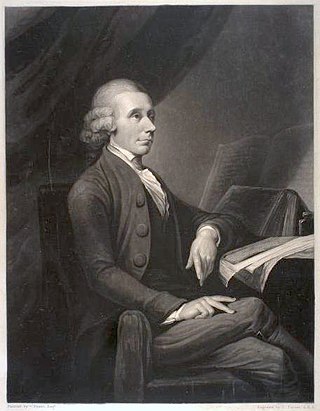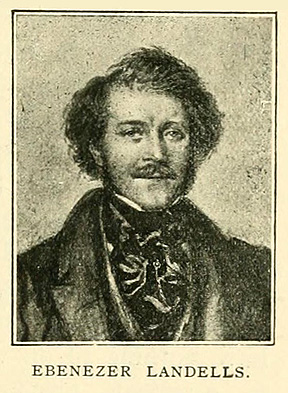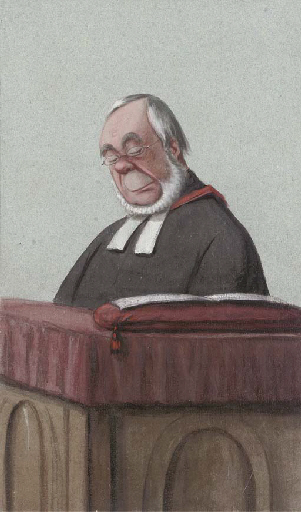Related Research Articles
Junius was the pseudonym of a writer who contributed a series of political letters critical of the government of King George III to the Public Advertiser, from 21 January 1769 to 21 January 1772 as well as several other London newspapers such as the London Evening Post.

The Theological Repository was a periodical founded and edited from 1769 to 1771 by the eighteenth-century British polymath Joseph Priestley. Although ostensibly committed to the open and rational inquiry of theological questions, the journal became a mouthpiece for Dissenting, particularly Unitarian and Arian, doctrines.

Ebenezer Landells was a British wood-engraver, illustrator, and magazine proprietor.
The Lady Margaret Professorship of Divinity is a senior professorship in Christ Church of the University of Oxford. The professorship was founded from the benefaction of Lady Margaret Beaufort (1443–1509), mother of Henry VII. Its holders were all priests until 2015, when Carol Harrison, a lay theologian, was appointed to the chair.
Annals of Philosophy; or, Magazine of Chemistry, Mineralology, Mechanics, Natural History, Agriculture and the Arts was a learned journal founded in 1813 by the Scottish chemist Thomas Thomson. It shortly became a leader in its field of commercial scientific periodicals. Contributors included John George Children, Edward Daniel Clarke, Philip Crampton, Alexander Crichton, James Cumming, John Herapath, William George Horner, Thomas Dick Lauder, John Miers, Matthew Paul Moyle, Robert Porrett, James Thomson, and Charles Wheatstone.
Watts Phillips was an English illustrator, novelist and playwright best known for his play The Dead Heart, which served as a model for Charles Dickens' A Tale of Two Cities.

James Augustus Hessey was a British cleric and Headmaster of Merchant Taylors' School.
Robert Kemp Philp (1819–1882) was an English journalist, author, and Chartist.
John Donald Carrick (1787–1837) was a Scottish journalist and songwriter.

John D'Alton (1792–1867) was an Irish lawyer, historian, biographer and genealogist.
Robert Blakey (1795–1878) was an English writer and academic, a Chartist radical and journalist. He is known also for works on fishing.

William Webb Follett Synge was a British diplomat and author, known for his contributions to The Standard, Punch and the Saturday Review.
John Bulteel was an English writer and translator, cousin of John Bulteel, Member of Parliament. He was descended from French Huguenots.
William Hutchins Callcott was an English organist, composer and arranger of music.

Charles Rogers was an English customs official, known as an art collector. He also wrote on drawings, and became a Fellow of the Royal Society.
Frederick William Robinson was an English novelist, magazine editor and drama critic.
References
- ↑ Lee, Sidney, ed. (1896). . Dictionary of National Biography . Vol. 45. London: Smith, Elder & Co.
- ↑ British Library (search on journals with title beginning with "diogenes")
- ↑ Boase, George Clement; Courtney, William Prideaux (1878). "PHILP, Robert Kemp". Bibliotheca Cornubiensis: P-Z. Longmans, Green, Reader and Dyer. p. 492.
- ↑ Stephen, Leslie, ed. (1886). . Dictionary of National Biography . Vol. 6. London: Smith, Elder & Co.
- ↑ Stephen, Leslie, ed. (1886). . Dictionary of National Biography . Vol. 6. London: Smith, Elder & Co.
- ↑ "The Rivals of "Punch"". The Living Age. Vol. 206. July–September 1895. p. 567.
- ↑ Sir F. C. Burnand. ""Mr. Punch." Some Precursors and Imitators". The Pall Mall Magazine. pp. 255–259.